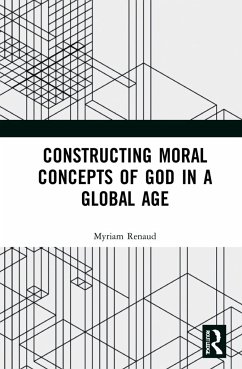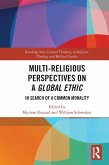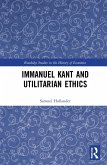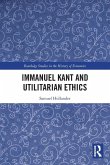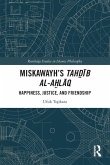Constructing Moral Concepts of God in a Global Age focuses on what people say and think about God, rather than on arguments about God's existence. It advances a theological method, or step-by-step approach to explore and reframe personal convictions about God and the worldviews shaped by those convictions. Since a moral God is more likely to foster a moral life, this method integrates an ethical check to ensure that understandings of God and their associated worldviews are validly moral.
The proposed method builds on the work of twentieth-century theologian Gordon Kaufman during the Kantian phase of his work. It anticipates a person-like God who hears prayers, loves without end, and comforts in times of hardship. To accommodate today's pluralistic and globalized world, the ethical check integrated in the method is a widely collaborative and vetted global ethic, the Parliament of the World's Religions "Declaration Towards a Global Ethic."
This volume of constructive philosophical theology is written for seminary students, educators, clergy, study groups, and anyone interested in delving more deeply and systematically into understandings of God, whether their own or those of others.
The proposed method builds on the work of twentieth-century theologian Gordon Kaufman during the Kantian phase of his work. It anticipates a person-like God who hears prayers, loves without end, and comforts in times of hardship. To accommodate today's pluralistic and globalized world, the ethical check integrated in the method is a widely collaborative and vetted global ethic, the Parliament of the World's Religions "Declaration Towards a Global Ethic."
This volume of constructive philosophical theology is written for seminary students, educators, clergy, study groups, and anyone interested in delving more deeply and systematically into understandings of God, whether their own or those of others.

